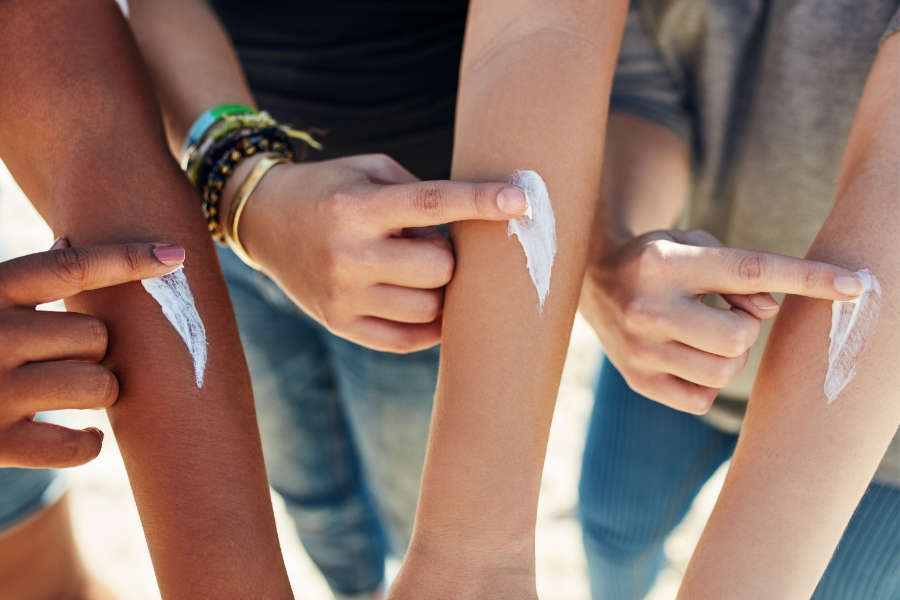Out and about on the water? Here are safe disposal tips for boating and floating in King County's waters.

Here are a few warm weather products you might find yourself using as you soak up the sun and tips for how to safely dispose of each.
Boating fuel: Find yourself out on Washington’s beautiful lakes or waterways by boat? You’ll likely need fuel or gasoline to keep you afloat. It’s illegal to discharge any petroleum product in the water. Instead, bring excess or old fuel to any King County Hazardous Waste collection facility, including our traveling Wastemobile. Waste limits apply, so check Haz Waste's hazardous product list for more details.
Antifreeze: Cool your engines and choose alternative products that may be less hazardous to our region's water. Wherever possible, instead of ethylene glycol, use less toxic propylene glycol antifreeze. You can dispose of extra product at any King County Hazardous Waste collection site. There are limits on how much product you can bring per trip, so visit our hazardous product listings for additional information.
Sunscreen: It’s important to protect yourself – and Mother Nature, too. Sunscreen shields us from harmful UV radiation, with many environmentally-friendly options available today. In addition to choosing the right product that’s free of harmful chemicals, be mindful of how you dispose of your empty tubes. Most containers can be rinsed and tossed directly in the trash. However, full or partially-full aerosol sunscreens should be brought to a King County Hazardous Waste disposal facility or the traveling Wastemobile.
Insect repellent: It wouldn’t be summer without a few bug bites and the warm weather routine of warding off pesky mosquitoes. When possible, select an eco-friendly insect repellent to protect both your skin and the environment from nasty chemicals. Aerosol products or spray cans should be disposed of like any other—at one of King County’s Hazardous Waste collection sites or Wastemobiles. All pesticides should also be safely disposed of at a drop-off site.
 Translate
Translate